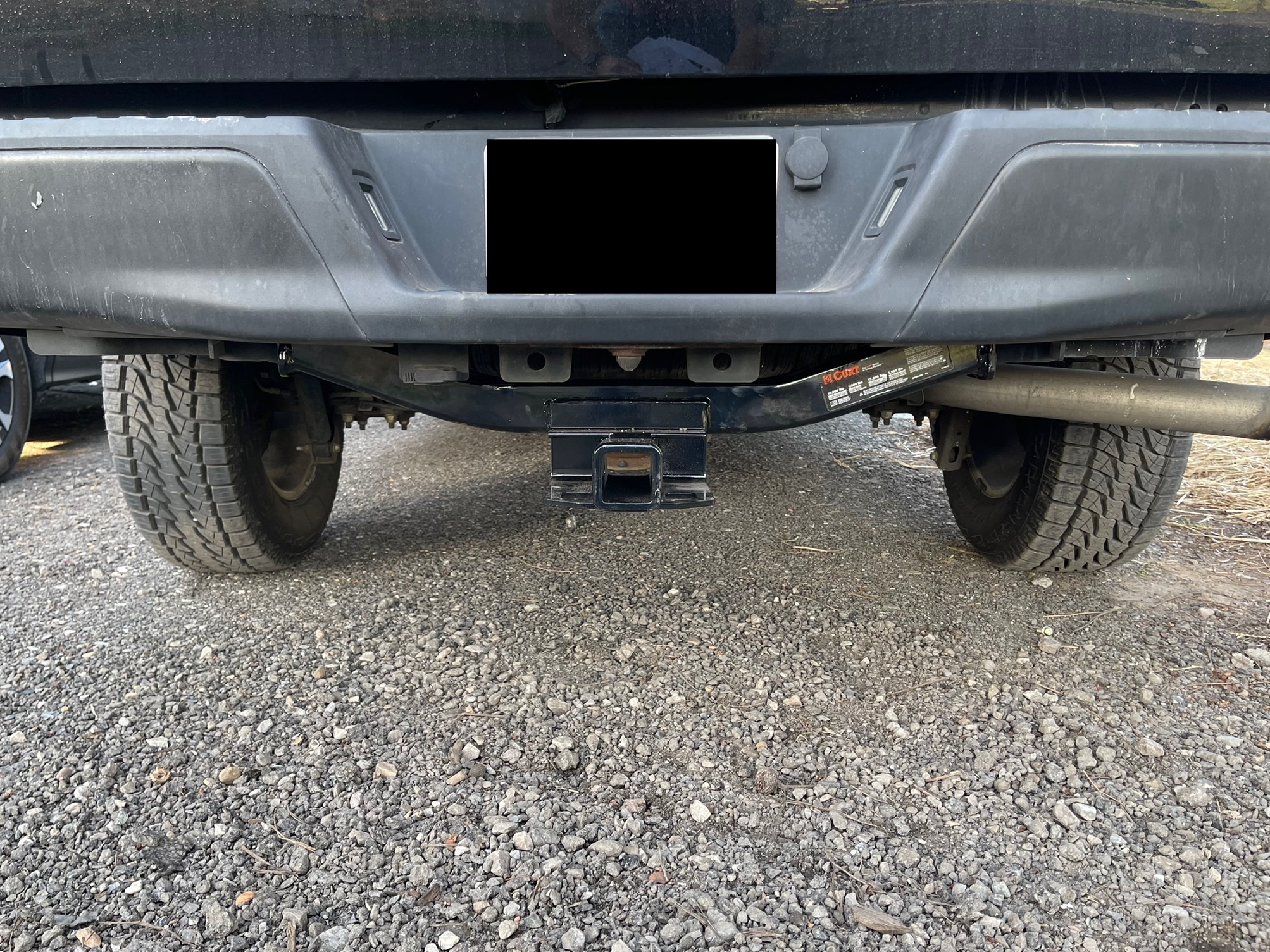
The Wonderful World of Trailer Hitches

Traveling light is for college kids backpacking through Europe. The rest of us enjoy our toys too much to consider going anywhere without them. And, whether you’re hauling a massive camper trailer of just a couple of jet skis, you’re going to need a reliable trailer hitch to keep from losing your load on the first sharp curve.
Trailer hitches, also known as a tow hitch or tow bars, are devices that attach to the chassis of a vehicle and allow the towing of campers, boats or recreational equipment. Trailer hitches come in many configurations: receiver, gooseneck, and 5th wheel hitches.
Receiver-type hitches mount to the frame of a vehicle and have either a 1.25" or 2" square slot for connecting your trailer or accessories like hitch bike racks, hitch cargo carriers or even a hitch-mounted BBQ. Fixed-drawbar hitches feature a one-piece construction and have a built-in hole for the trailer ball, but, as a result, are usually not compatible with aftermarket hitch accessories.
Here in the US, trailer hitches are classified into five separate categories based on the amount of weight they can tow. Classes 1 and 2 accommodate lighter loads, capping out around 3,500 lbs. Classes 3, 4, and 5 are considered “heavy-duty” trailer hitches and can muscle up to 10,000 lbs. They’re intended for towing larger items, like boats and campers. When you need even more towing capacity, a fifth wheel hitch can be added for up to 16,000 lbs of towing strength.
High-grade trailer hitches are engineered for your specific make, model, and year, like Chevy Silverado trailer hitches or Toyota Tacoma trailer hitches. Regardless of what vehicle you drive, high-grade hitches ensure a tight connection, safety, and reliability for your cargo. They’re robotically-welded for durability and sealed against the elements with a powder-coat finish, keeping them looking factory-fresh and free of rust, corrosion, and oxidation. Many trailer hitches, like those designed by CURT, are even crafted with an open back-end to allow for easy cleaning. For added style and safety, cover them with a hitch cover. Hitch covers are available in a wide assortment of designs and colors, and they shield against mud, moisture, and grime when you're not towing.
Finally, when you find yourself with too much gear for the cabin but not enough to justify the use of hitch cargo carriers, store the extra stuff on the roof. To make stowing and retrieving your gear easier, transform your trailer hitch into a portable step ladder with a hitch step. Available in a range of sizes and styles, a trailer hitch step is built sturdy enough to support your weight without so much as a creak. Crafted from heavy-duty 3” steel tubing, a hitch step provides a wide standing spot with a treaded step pad for sure footing during wet or icy weather. Plus, many even come with an anti-rattle device for stability and noise reduction and a storage bag for conveniently stowing the hitch step when not in use.
With a trailer hitch, tow hitch or hitch cargo carrier, you can tow up to 16,000 lbs of gear safely and efficiently. Before taking your next road trip, consider which one is best for you.